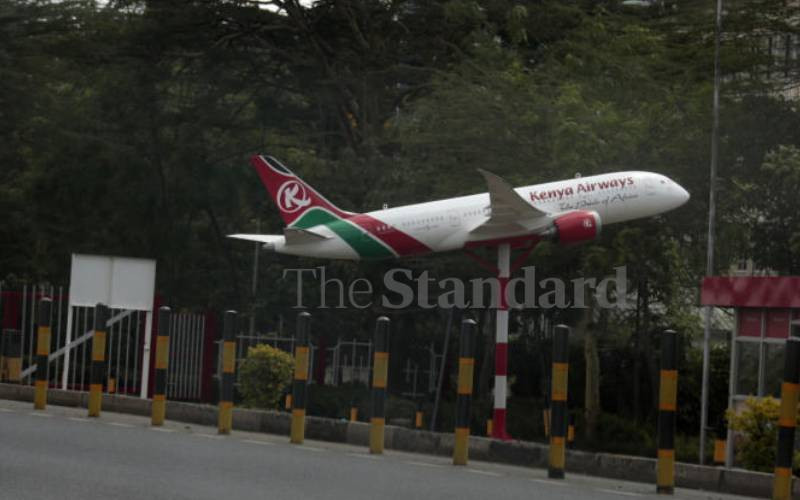×
The Standard e-Paper
Fearless, Trusted News

Industrial action has been defined as "any measure taken by trade unions to reduce productivity in the workplace." It can take the form of a strike, which is refusal to work as a form of organised protest, or a go-slow.
Kenya Airline Pilots Association (Kalpa) has threatened to go on strike. In a notice dated October 19, Kalpa has alluded to disputes with Kenya Airways (KQ) management which includes, among other issues, the withdrawal of the staff provident fund.